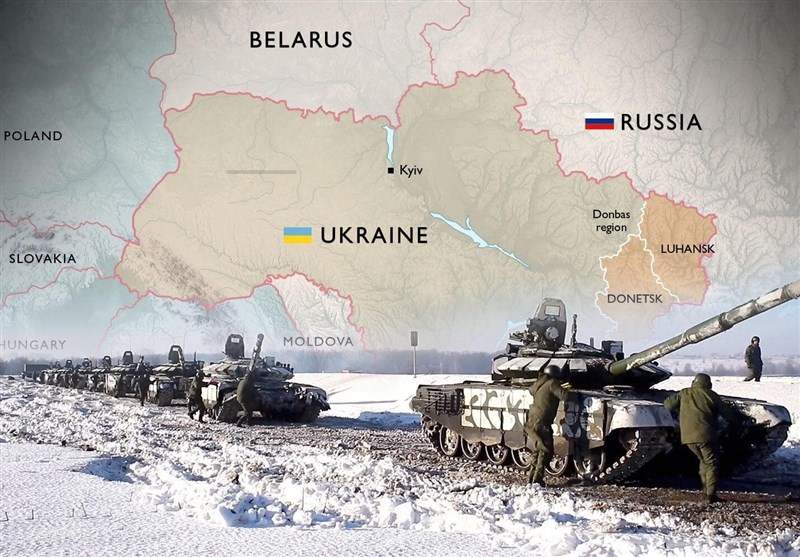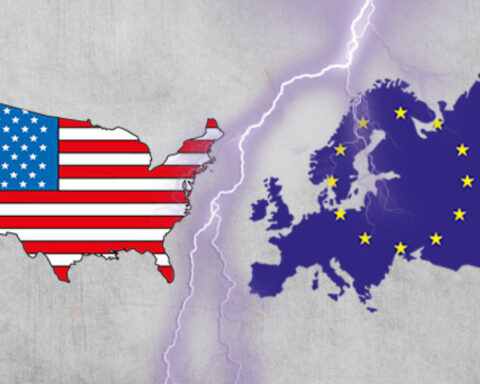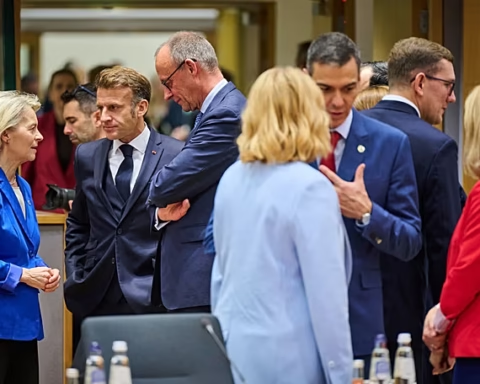Wars – which I will define broadly as matters of military conflict sustained partly by the nature of the soldiers fighting and partly by a participating nation’s ability to economically support the effort – end in one of three ways: victory, compromise or mutual exhaustion.
In the Ukraine war, the military reality is that neither the invader, Russia, nor the defender, Ukraine, has achieved its stated goals. Russia’s goal was to conquer Ukraine. That it has succeeded only in taking a small portion of the east has led to absurd claims that the east was all Russia wanted. If that were true, then Russia could have (and probably would have) claimed victory after a year of fighting and ended the war. The truth, of course, is that Russia tried and failed to conquer the whole country.
Ukraine’s goal is to keep all of its territory. The problem is that the Ukrainian military isn’t strong enough to compel the Russians out of Ukraine. This implicitly means the European nations that support Ukraine likewise lack the power or the will to expel Russia.
Why Russia invaded Europe is both important and moot at this point. Moscow’s priority was to build a buffer between the Russian border and the eastern border of NAT0 in Poland. In one sense, the move was motivated by an absurd fear, as NATO’s ability and desire to invade Russia were nonexistent. But capability and intent change, and nations must assume worst-case scenarios. Russia was convinced it could gain a buffer in Ukraine readily. Another real possibility is that Russia dreamed of restoring the borders of the collapsed Soviet Union, and the Ukraine invasion was the first step. It has failed, so the rest is moot for now.
Neither side is motivated to continue fighting or to capitulate. Compromise, then, becomes the only outcome here. Compromise is as embarrassing to those who started the war as it is to those who resisted. It is also difficult. In any negotiation, whether over war or business, no side will admit that it needs a deal, or that it isn’t prepared to walk away. But it is vital to ignore what is said and recognize what is real: Russia failed to take Ukraine, and Ukraine lost some of its territory. Neither can leave the table, not if they are rational. Rationality, in this sense, is the recognition of reality, especially as it relates to determining the public’s and the military’s appetite for war. Russia is difficult to read, but it’s unlikely that its military and public – both of which, in fact, matter to President Vladimir Putin – want another three years of bloodshed. No doubt Ukraine has similar apprehensions.
There is another dimension to all this: the fact that other nations have an interest in the outcome of the war. Russia has few allies. Ukraine has many, albeit ones that were never interested in sending actual soldiers to battle. The problem with having allies is that they have an interest in the war but don’t have to make the supreme sacrifice. Europe claims to fear a future in which a hostile Russia sits at its borders, yet it is not so scared that it has built a credible defensive force or generated the martial spirit necessary to fight a war. And though Russia’s performance in Ukraine shows that it is not a military power to be feared, the reality is that it’s relatively useless for Ukraine to have allies that want Russia to retreat without doing much in the way of forcing the issue.
The United States, once Ukraine’s primary source of defensive weapons, now believes there is no benefit to empowering Ukraine or supporting its war effort. This means it is the Europeans alone who want to set terms that Russia will not meet. Russia started its occupation of Crimea in 2014. The strategic reasons for the occupation remain in place. Moscow will not surrender Crimea, and Europe is not going to go to war with Russia over it. This is important because Moscow, as part of the peace negotiations, has demanded that Ukraine cede the peninsula – that is to say, make the de facto reality the de jure reality. It will likely be a sticking point that continues to pop up as talks advance.
The war isn’t exactly over because the fighting continues. However, unless the Russian army suddenly evolves into a more effective force, or unless the U.S. or Europe sends massive forces to drive Russia out, the lines on the map are more or less fixed. The new borders are a reality. And everyone needs to accept those realities if they want peace talks to succeed. There are other demands the Europeans can make that Russia will not accept – which shows them to be more honorable than the Americans, who just want the war to end and to do business with a weakened Russia – and there are other issues that can be negotiated. Some of these, such as the size of the Ukrainian military, can and will likely be ignored.
There is one last dimension to be considered. Russia is a nuclear power, and during the Cold War, Russia and the U.S. took every precaution to avoid posing a profound threat to each other. They dueled in the so-called Third World, but aside from the Cuban missile crisis, they never threatened to put each other in an untenable position out of fear of a desperate nuclear response. Eastern Ukraine and the Crimean Peninsula are simply not worth going to the brink, as we used to say in the Cold War.
In the 1970s, the U.S. negotiated endlessly with North Vietnam over a war it long knew it could not win. The U.S. has learned from that, I think, that diplomatic pride is not worth the cost of lives. Russia cannot occupy Ukraine, Ukraine cannot force the Russians out, and the negotiations must acknowledge as much. Putin will say he does not need peace, and Europe will be outraged that America admits the inadmissible – that the war is over. But this is all posturing. Those who want the war to continue unless their terms are met are bluffing a busted flush. The war is over, except for the killing.






